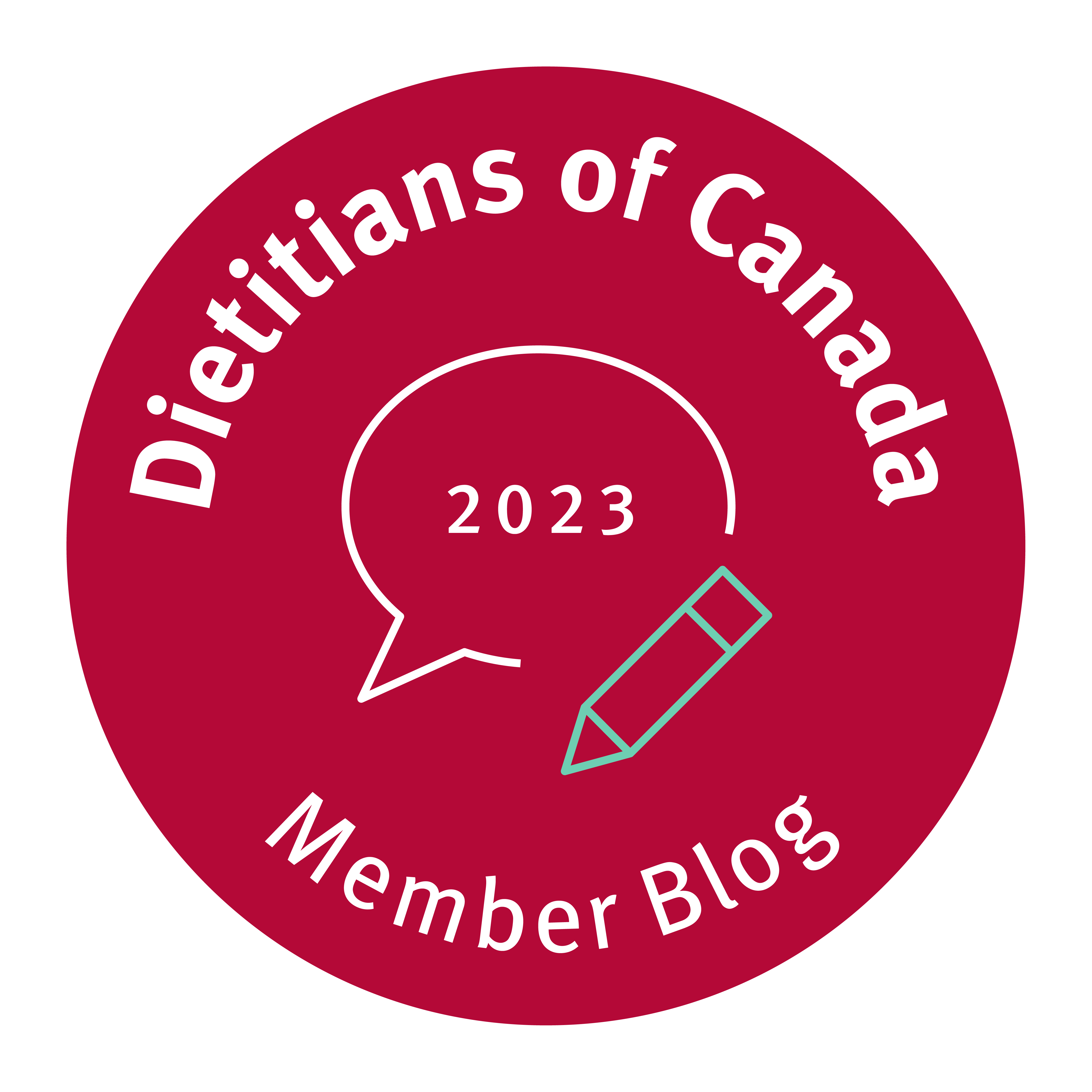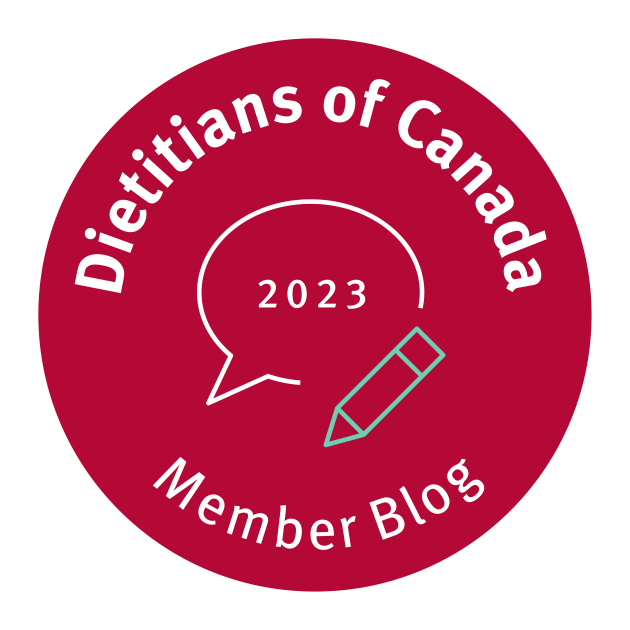If you made any New Year’s resolutions about healthy eating this year, have you already abandoned them? You’re not alone if when deciding on making changes, you have bitten off more than you can chew. All too often, New Year’s resolutions tend to be about major transformations and when it comes to healthy eating, the best route is to aim for changing habits – those routines that you can do almost on auto-pilot. They don’t require giving up your day job to accomplish them.
One modification that could potentially have a significant impact on your health over time is decreasing your consumption of ultra-processed foods. Current research links these foods to a variety of health problems, including obesity, type 2 diabetes, cardiovascular disease, and certain cancers.
The most recent research looked at the impact of these foods on cognitive decline.
Consider that, in Canada, around half of the calories we consume come from ultra-processed food while in the US, the numbers climbed to over 70%. But keep in mind, that ultra-processed foods are very different than food products that are just processed. Everyday foods, like canned beans, canned fish, milk, cheese, bread and even spices, are subjected to processing but they are very different than ultra-processed foods.
These are defined by the following:
The latest study on ultra-processed foods, which looked at the relationship between these food products and cognitive decline, showed a significant impact of eating these foods on the rate of cognitive decline.
But before I outline the findings, there was something quite promising buried in the results.
Some of the negative effects of ultra-processed foods on the brain were countered by how healthy the rest other person’s eating pattern was. If there was a significant intake of whole foods along with the ultra-processed foods, the adverse effects appear to be blunted.
In other words, the good news is that perfection is not needed when it comes to healthy eating. This concept is one that I and my colleagues frequently promote but it’s one that gets lost in this day and age of social media influencers using platforms, like TikTok and Instagram, to extol incredibly restrictive dietary regimes.
But first, here are the study details. The research, published in JAMA Neurology, was conducted in 6 Brazilian cities with 3 waves, approximately 4 years apart, from 2008 to 2017 and included almost 11,000 subjects between the ages of 35 to 74 years.
These were healthy volunteers who showed no sign of cognitive decline. Participants who consumed a very low or very high calorie intake were also excluded.
Study subjects who consumed the highest amount of ultra-processed foods, over 19.9% of their calories, showed a whopping 28% faster rate of global cognitive decline than those had the lowest amounts of these foods. The changes seen were found in subjects as young as 60 years of age.
That is pretty scary. How many people (and how many kids) are now eating possibly double or triple the amount of ultra-processed foods on a daily basis?
The researchers also evaluated the subjects’ other dietary choices and here is where the promising results were demonstrated. Those who consumed the higher amount of ultra-processed foods but also had a healthy diet the rest of the time did not experience that decrease in cognitive function. The healthy diet included a high intake of whole foods including whole grains, vegetables, fruit, nuts, and fish.
It’s thought that oxidative stress and inflammation promotes the faster cognitive decline. If so, then it makes sense then that the healthy food choices would provide plenty in the way of antioxidants and anti-inflammatory compounds and cancel out some of the damaging effects of the ultra processed foods.
So if you want to include options like fast food fries, instant soups, hot dogs, vegan meat alternatives or ice cream, try to include a range of healthy selections too.
If you’re focusing on changing your food style, rather than putting a focus on what you should not eat, instead look at what you should be including on a daily basis.
This research certainly gives new meaning to the phrase that you can have your cake and eat it too!





Trackbacks/Pingbacks
[…] Ultra-processed food and your brain […]